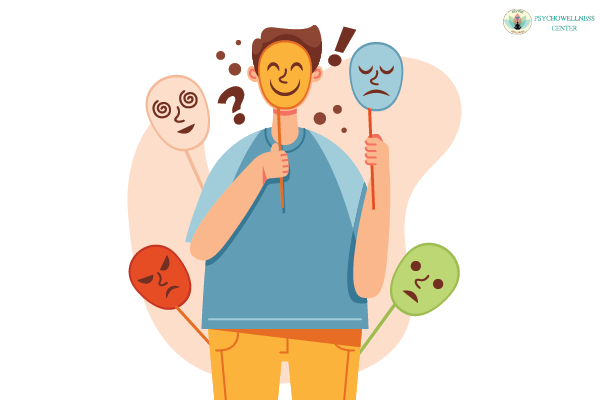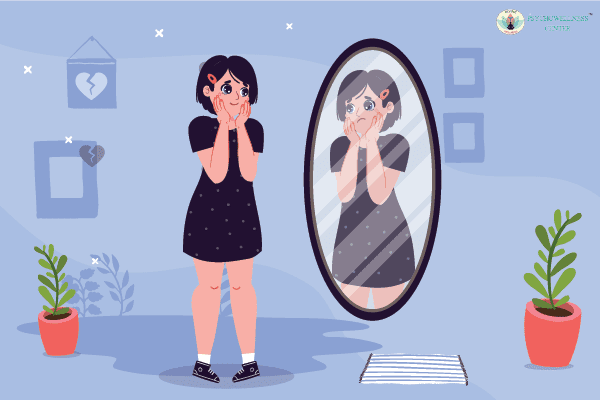Difference between Counselling and Clinical Psychology

In the field of psychology, terminology can be confusing and can often be interchanged if the meaning of the words aren’t properly understood. Psychology is the scientific study of the mind and behaviour, according to psychologists. How people think, behave, act in the presence and absence of others, in various social settings, etc. Psychology branches out into different types such as counseling psychology, clinical psychology, educational psychology, forensic psychology, health psychology, industrial and organizational psychology and much more. Let us focus on counseling psychology and clinical psychology, learn about them in detail and touch upon the differences between the two.
To begin with, Counseling psychology is a professional practice wherein psychologists help people or clients deal with their life problems. They mainly focus on easing daily life stressors in the personal, behavioral, social, emotional domains of the clients life. People struggling with anxiety, depression, sleep problems, substance abuse problems, problems in marital/romantic relationships, etc. The goal of a psychologist is to help these individuals by providing them with effective coping skills that can be applied in the situations that cause stressors in their lives.
On the other hand, Clinical psychologists, also known as psychotherapists, deal with clients that have mental disorders and severe psychopathologies which need to be diagnosed like major depressive disorders, schizophrenia, personality disorders, and so on. They are trained to administer various psychometric tests with which they assess patients on the basis of one's intelligence or capabilities or diagnose and treat them on the basis of one's mental disorders. Clinical psychologists work closely with psychiatrists.
According to current research, both professions have a lot in common when it comes to the direction of the theories they investigate. However, certain distinctions were also noted. Clinical psychology students are mostly interested in psychoanalytic persuasions and behavioural concerns, whereas counselling psychologists are more interested in humanistic and client-centered approaches. Clinical students favoured psychodynamic research, whereas counselling students lean toward cognitive behaviour.
Even though Counseling and Clinical psychologists share many things in common. They work with people with different severity of life problems and mental disorders, they share the same goals of eradicating mental illness and helping people achieve a better quality of life. Another overlapping similarity is employment. Psychologists both counseling and clinical may sometimes share the work setting which include mental health centres, hospitals, private practice, rehabilitation centres, jails, juvenile centres,educational settings, etc. Both groups of people can give psychotherapy and can participate in research. A significant difference is seen in Law firms, research centres and government agencies which tend to prefer psychologists with a clinical background.
Furthermore, clinical psychologists deal with people who have diagnosable mental health problems whereas counseling psychologists attend to healthier and more stable parts of the population. For this the training facilities may also differ. After doing a bachelors in psychology, those interested in pursuing counseling take up masters and doctorate programs in counseling psychology and their programs have a multicultural emphasis. While those who prefer a clinical setting, take up clinical psychology. Clinical psychology leans towards a psychopathological program and a research-based curriculum. They have to be actively involved in research throughout their career.
Counseling psychologists tend to have a more holistic approach to their therapy and focus on family therapy, group counseling, marriage counseling, etc. On the other hand clinical psychologists have an eclectic approach to their therapy. Counsellors or counseling psychologists mostly engage in general therapy or talk therapy while clinicians engage in problem-specific or disorder-specific therapy. The length of the therapy also determines differences between counseling and clinical psychology. Counseling psychologists deal with problems that are occurring in the present and do not dwell into the past, therefore this type of therapy is short-termed. On the contrary, clinical psychologists are known to deal with problems that have occurred in the past and have life-long effects on a client, therefore this type of therapy is longer and more intensive. Both clinical and counseling psychologists do not prescribe medications or drugs during their therapy.
Sources say that on average a clinical psychologist makes upto Rs. 3.5L a year whereas a counseling psychologist makes around Rs.3.2L. Even though the differences between two are minimal, psychologists do both counseling and clinical work in unison when it comes to social work. In times of crisis, many psychologists take on pro bono cases for the welfare of the society. The main goal after therapy is to make sure the client has a better quality of mental health and can effectively face problems in the world.
Read more:
What Is Alexithymia And Tips To Cope With Alexithymia
How Punishment Impacts Psychology
what Is Medical Detox And What To Expect From Medical Detox
Related Stories

"cross-dressing" Or Transvestic Disorder Counselling



SHARE